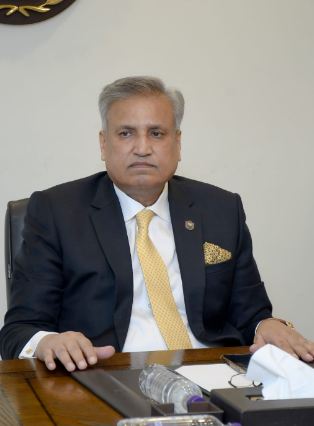ISLAMABAD, AUG 4 /DNA/ – Nasir Mansoor Qureshi, President of the Islamabad Chamber of Commerce and Industry (ICCI), has stressed the urgent need for Pakistan to invest heavily in vocational education and skills development to build a future-ready workforce capable of driving the country toward a new era of industrialization and economic prosperity.
Speaking to a gathering of trade and industry leaders at the Chamber House on Monday, alongside ICCI Senior Vice President Abdul Rehman Siddiqui, Qureshi emphasized that Pakistan’s demographic dividend can only be transformed into economic strength by equipping the youth with modern industrial and technological skills.
“Massive investment in skills, innovation, and adaptability is the need of the hour,” he said. “If we empower our young generation with future-ready capabilities, Pakistan can leap forward into a new industrial era.”
Appreciating the recent agreement signed between vocational training institutions of Pakistan and China, the ICCI President hailed the development as a “transformative journey” for the country’s youth. He noted that the emerging fields of artificial intelligence, robotics, big data, and green technologies are rapidly replacing traditional jobs, and that the China-Pakistan Economic Corridor (CPEC) is poised to generate thousands of new opportunities requiring specialized skills.
Qureshi called on the National Vocational and Technical Training Commission (NAVTTC) to scale up its efforts to deliver high-impact skills training, not only to boost employment within the country but also to create a skilled workforce capable of earning valuable foreign exchange through overseas employment.
He further underlined that this is a pivotal moment for Pakistan’s economic future, urging both the public and private sectors to join hands in converting the country’s youth bulge into a youth boom.
As far as the ICCI is concerned, he concluded, “we are fully committed to this national cause and will continue to play our proactive role in building a skilled, innovative, and forward-looking workforce.”

















